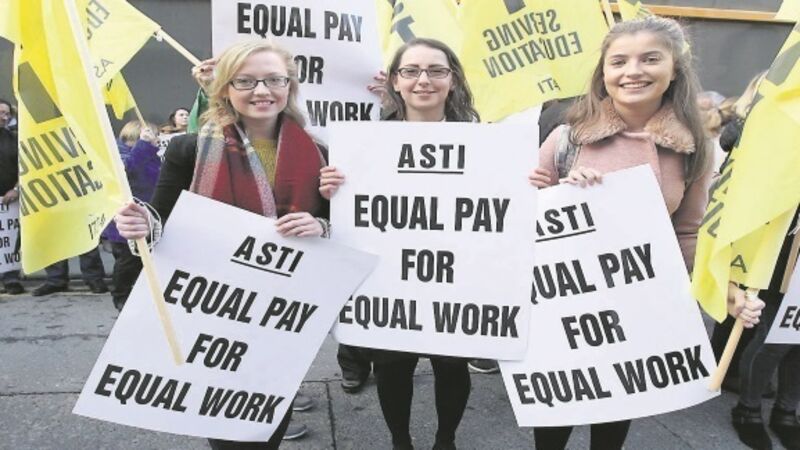Time to take a hard look at how we do education

Let’s leave aside the mad Leninist concept of equal pay for equal work, and the Trotskyite raving of equal pay for equal work. At heart, the closure of schools will result from the abdication of the State over decades towards a key obligation — to educate.
Like the hospital situation, we don’t actually have a joined-up system of State provision. We have a hodgepodge, a mix, a shambolic melange of provision. The ASTI union members are mostly found in the old religious schools, analogous to the “voluntary” hospitals.













